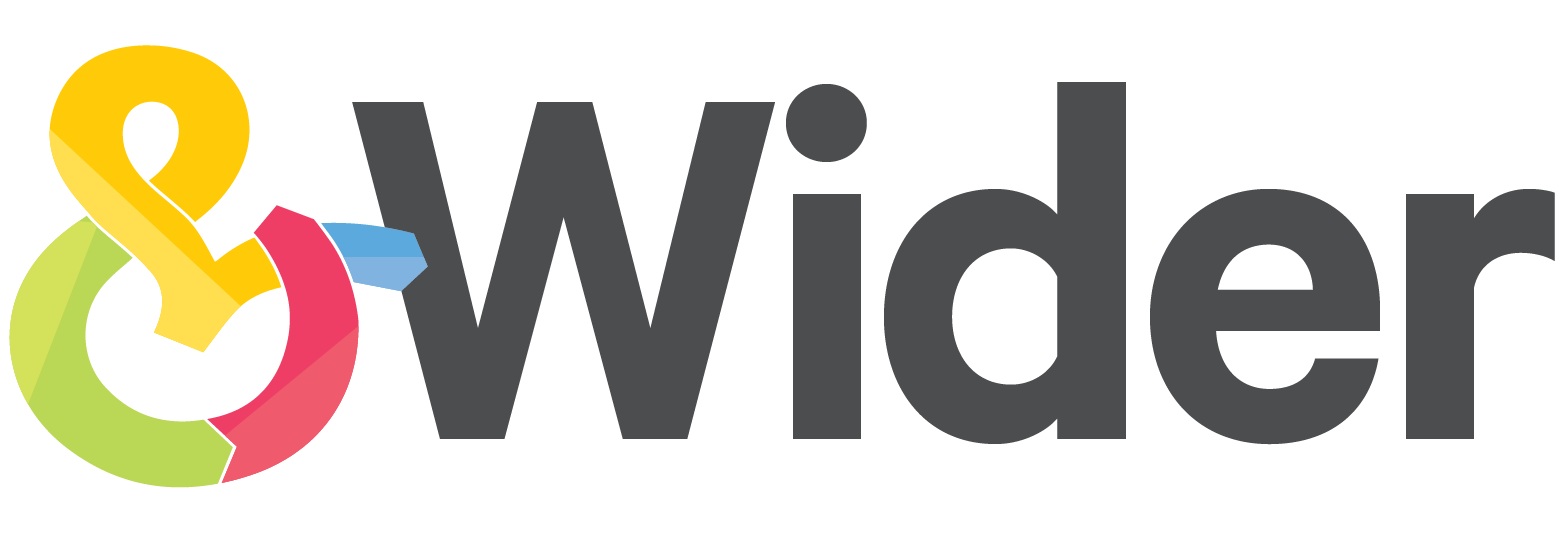European Human Rights Due Diligence Laws: The German addition
European countries are implementing or considering a number of human rights due diligence laws, and on 12 February Germany announced that a proposed due diligence law will be voted on by Parliament before federal elections in September.
If the law is passed, large companies based and operating in Germany will be required to assess and respond to human rights risks in their own operations and at direct suppliers from 2023. Companies must publish an annual report outlining human rights risk assessments, steps taken to respond to problems, and the impact of those steps.
The draft law applies to companies with over 3,000 employees and allows NGOs or trade unions to bring complaints on behalf of others.
While the law has a good chance of being adopted, many Christian Democratic Union politicians are pressing for the law to be abandoned or greatly weakened, while parties on the left have called for the law to be strengthened.
A patchwork of national supply chain laws
Finland, Luxembourg, Denmark, and Austria have started to consider their own supply chain rules, while three European countries have already enacted legislation:
French Duty of Vigilance Act 2017. The French law requires large French companies to monitor and prevent human rights and environmental abuses in their supply chains. French multinationals have been promoting the idea of extending these rules across the EU to guarantee a level playing field
Dutch Child Labour Due Diligence Law 2019. The Dutch law places obligations on companies selling goods or services to Dutch consumers as well as companies otherwise doing business in the Netherlands to take steps to prevent child labour in their supply chains. It comes into effect mid-2022.
UK Modern Slavery Act 2015. The Modern Slavery Act requires large companies doing business in the UK to release reports on steps taken to consider the risks associated with suspected forced labor in their businesses and throughout their supply chains. Despite Brexit, it is likely that UK firms with European operations will have to comply with EU countries’ human rights legislation. Despite Brexit, it is likely that UK firms with European operations will have to comply with EU countries’ human rights legislation.
EU-wide human rights due diligence law
The real game changer will be when the EU implements its draft due diligence law that includes both human rights and environmental requirements. The draft directive was passed by EU Parliament on March 8, 2021, and the Commission will be asked to submit a legislative proposal to EU Members and the European Parliament by the end of 2021. Importantly, the EU law will:
Apply to all EU companies and any non-EU company selling goods or providing services in the EU;
Require companies to implement human rights due diligence in line with the UNGPs as well as environmental and governance risks; and
Contain sanctions for non-compliance.
What does this means for companies operating in Europe?
The net is closing on companies who don’t pay attention to human rights due diligence in their supply chains. The good news is that the methodology for carrying out the kind of due diligence the EU law requires is well established:
Implement a process for identifying high potential risk in supply chains, including regular stakeholder engagement. Know where due diligence is needed.
Assess each type of risk identified with data direct from the sites identified, using early warning systems and grievance mechanisms. There are two types of grievance mechanisms: those that crowd-source insight from a workforce at regular intervals, and those that enable incident reporting by individual workers. Both have their place. The former offers a regularly updated picture of working conditions and worker wellbeing in higher risk sites to identify challenges and action collective remedy and improvements. The latter offers the means to identify individual cases, gather context and trigger individual-level remedy.
Use the data gathered in the above step, and establish remedies for the different types of human rights infringements identified in the data, and a process for involving external stakeholders where appropriate.
Create internal training programmes, including your procurement teams, to raise awareness of human rights risk and improvements in your supply chain.
Communicate challenges and progress to all stakeholders using appropriate channels.
Offer for German companies facing these new legal pressures
Contact &Wider to understand how direct worker reporting can play a role in an effective human rights due diligence programme. The new German law will require some immediate adjustments, so please feel free to reach out for support on identifying risks and measuring improvements along your supply chain.

